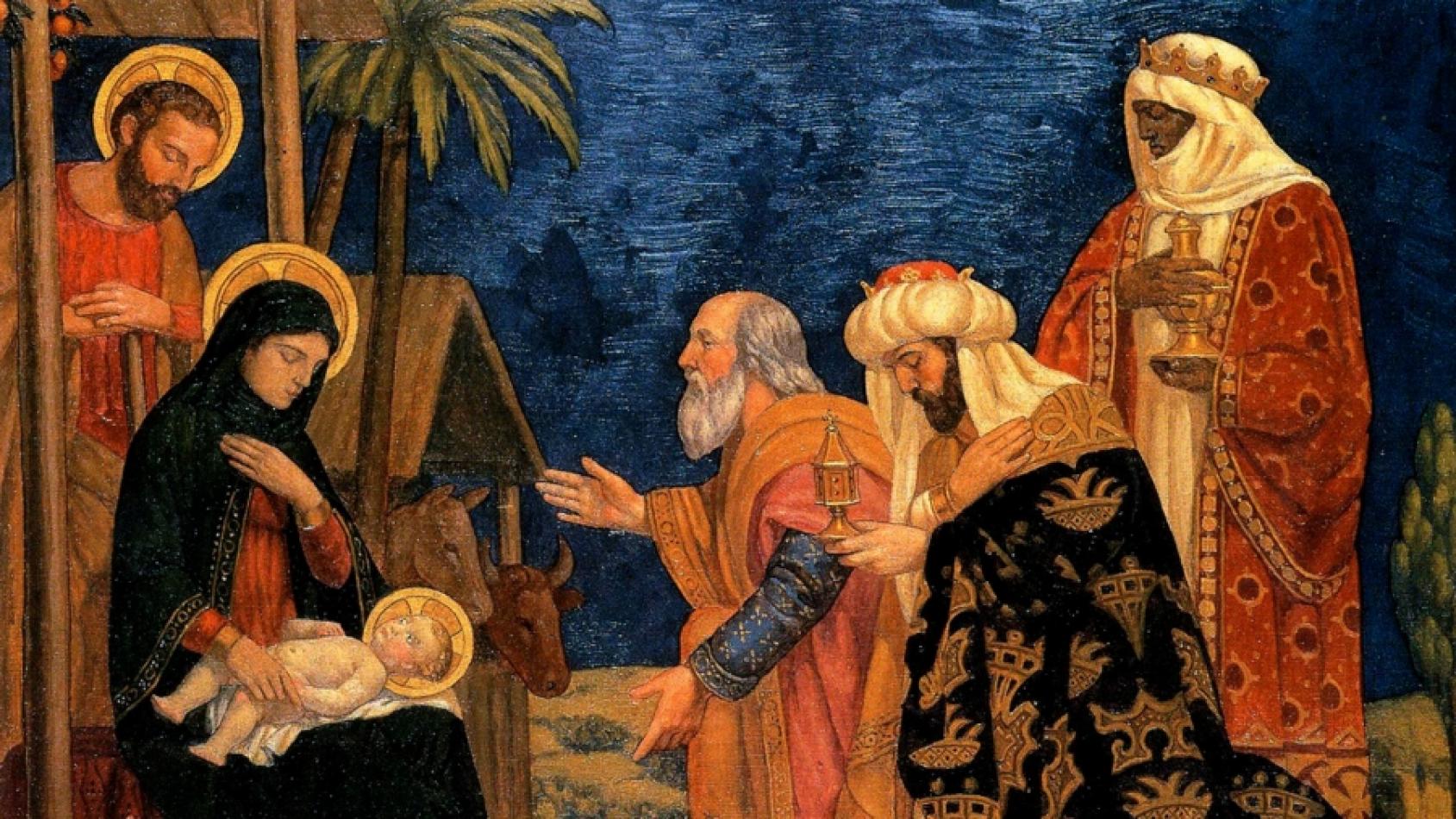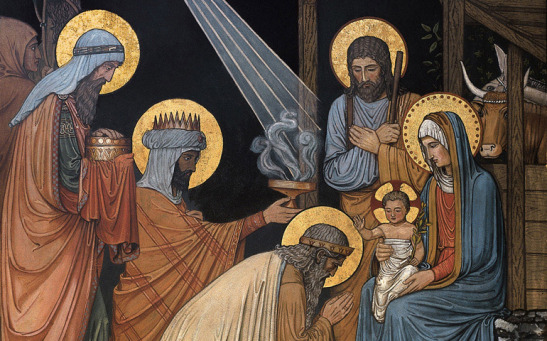Daniel Comboni
Comboni Missionaries
Institutional area
Other links
Newsletter
The fourth Gospel starts with a very special prologue. It’s a kind of hymn that, from the first centuries, decisively helped Christians to go deeper into the mystery encompassing Jesus. If we listen to it with simple faith, even today it can help us to grow in Jesus profoundly. We’ll only dwell on a few central affirmations. (...)
THE HUMAN FACE OF GOD
John 1:1-18
The fourth Gospel starts with a very special prologue. It’s a kind of hymn that, from the first centuries, decisively helped Christians to go deeper into the mystery encompassing Jesus. If we listen to it with simple faith, even today it can help us to grow in Jesus profoundly. We’ll only dwell on a few central affirmations.
«The Word of God became flesh». God isn’t mute. God hasn’t stayed silent, enclosed forever in Mystery. God has desired to communicate Self with us. God wants to speak with us, tell us of God’s love, explain God’s project. Jesus is simply the Project of God made flesh.
But God hasn’t communicated Self through concepts and sublime doctrines that only the learned can understand. God’s Word has become incarnate in the tender life of Jesus, so that even the most simple can understand, those who know how to be moved in the face of goodness, love and truth that makes up his life.
This Word of God «has lived among us». Distances have disappeared. God has become «flesh». God dwells with us. In order for us to meet with God we don’t need to leave the world behind, but come close to Jesus. In order to get to know God you don’t need to study theology, but live in harmony with Jesus, communion with him.
«No one has ever seen God». The prophets, priests, masters of the law spoke about God a lot, but have never seen God’s face. The same thing happens today among us: in the Church we talk a lot about God, but none of us have seen God. Only Jesus, «the Son of God, who is close to the Father’s heart, who has made God known».
May we never forget it. Only Jesus has told us how God is. Only he is the source of coming close to God’s Mystery. How many meager and barely human ideas about God must we unlearn in order to allow ourselves to be attracted and seduced by that God who is revealed to us in Jesus.
How everything changes when we finally capture that Jesus is the human face of God. Everything becomes simpler and clearer. Now we know how God looks upon us when we suffer, how God seeks us when we’re lost, how God understands and forgives us when we deny God. In Jesus is revealed «the grace and the truth» of God
José Antonio Pagola
Translator: Fr. Jay VonHandorf
https://www.feadulta.com
LEARN TO ADORE GOD
Matthew 2:1-12
Today there’s much talk about the crisis of faith, but they hardly say anything about the crisis of religious sentiment. And yet, as one theologian points out, the drama of modern man isn’t as much our incapacity to believe, as our difficulty to feel God as God. Even those who declare themselves believers seem to be losing the capability of living out certain religious attitudes in the face of God.
A clear example is the difficulty of adoring God. In times not so far back it seemed easy to feel reverence and adoration before the immensity and the unfathomable mystery of God. Today it’s more difficult to adore the one whom we’ve reduced to a strange, uncomfortable and superfluous being.
In order to adore God it’s necessary to feel ourselves as creatures, infinitely small before God, but infinitely loved by God; we need to admire God’s unfathomable greatness and enjoy the near and loving presence of God that envelopes our whole being. Adoration is admiration. It’s love and self-giving. It’s handing our being over to God and remaining in grateful and joyful silence before God, admiring God’s mystery from our smallness.
Our difficulty in adoring comes from many roots. Whoever lives disturbed inside by all kinds of noise and rushing around through a thousand distractions, without ever stopping before what’s essential, that one will find «the adorable face» of God with difficulty.
On the other hand, to adore God it’s necessary to stand still in the presence of the mystery of the world and know how to look lovingly upon it. Whoever looks at life lovingly in its depths will begin to uncover the footprints of God before he suspects it.
Only God is adorable. Not the most valuable things nor the most loved persons are worthy of being adored as God is. That’s why only someone who is free within can adore God truly.
This adoration of God isn’t far from commitment. Whoever adores God fights against all that destroys the human being, who is God’s «sacred image». Whoever adores the Creator respects and defends God’s creation. Adoration and solidarity, adoration and ecology are intimately united. That’s how to understand the words of the great scientist and mystic Teilhard de Chardin: «The more human we become, the more we experience the need to adore».
The story of the Magi offers us a model of authentic adoration. These wise men know how to look at the cosmos in its depth, capture signs, come close to the Mystery, and offer their humble homage to the God incarnate in our existence.
José Antonio Pagola
Translator: Fr. Jay VonHandorf
https://www.feadulta.com






